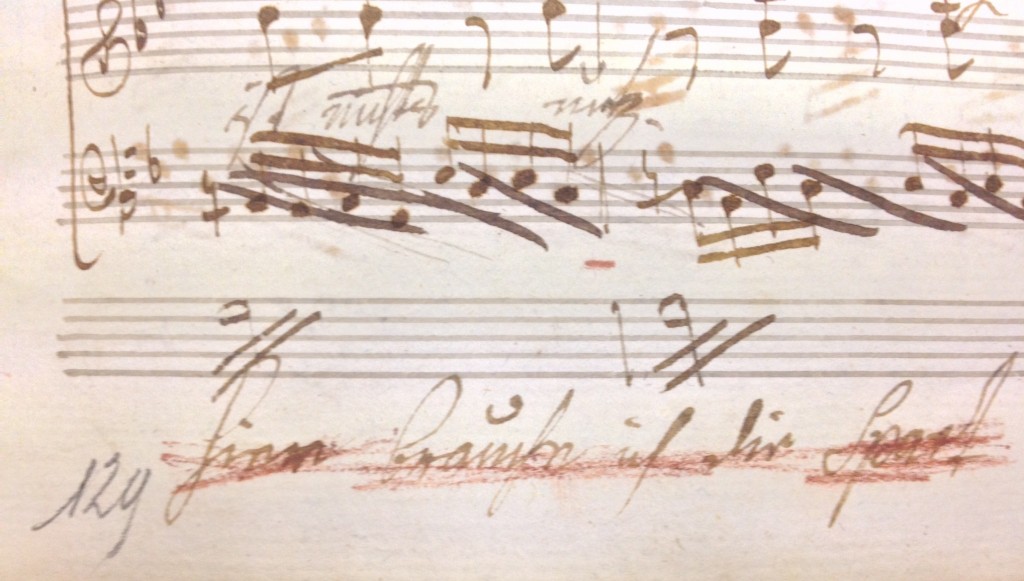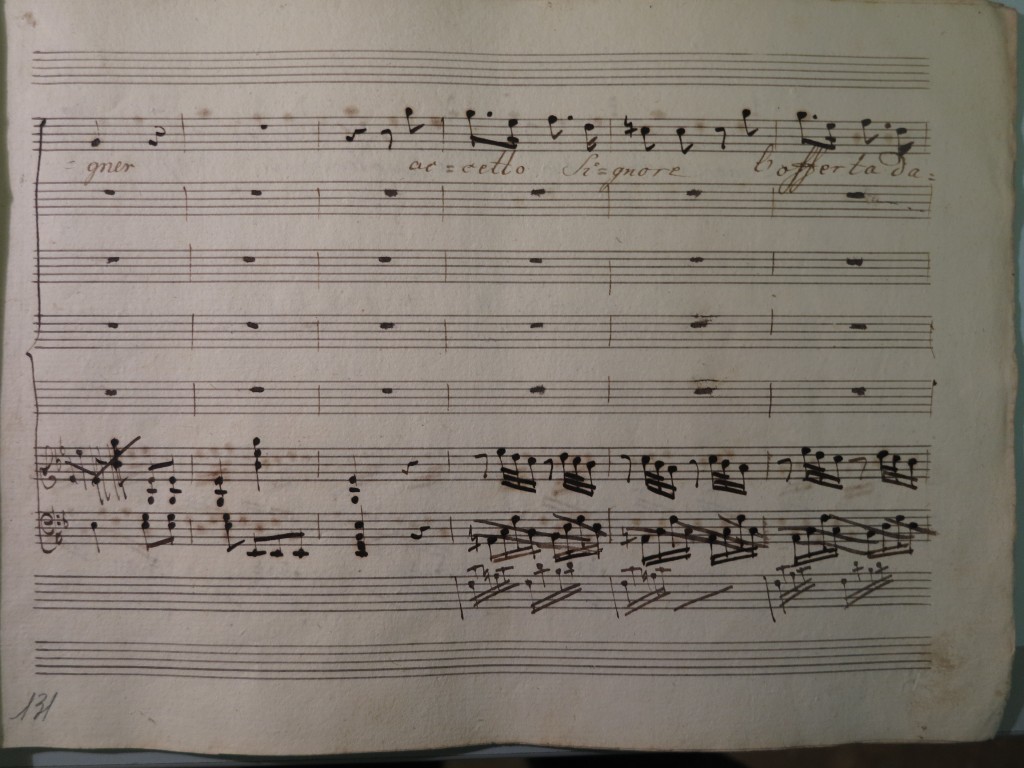Christian Gottlob Neefe (1748-1798), known to music history as Beethoven’s teacher, was also a central figure in the Bonn court opera, where he acted as its music director from 1779 to 1784 and stage director from 1789 until 1793, when the court was dispersed. Neefe’s personal fortunes at the Bonn court, for better or worse, were intimately tied up with those of the theater. In December 1779, then theater director Gustav Friedrich Wilhelm Großmann invited him to Bonn to act as music director. Initially not so keen on staying, and with a better offer from the Biondi troupe in Dresden, Neefe was commissioned to write the prologue Wir haben ihn wieder, and intended to make his way afterwards. Großmann ruthlessly foiled these plans by having Neefe’s possessions seized, and while an ensuing lawsuit made its way through court, Neefe lost the opportunity in Dresden. (Amazingly, the two directors remained close friends and would correspond frequently in later years.)
When Maximilian Franz decided upon accession in 1784 to dissolve the theater and fire much of the personnel, Neefe came dangerously close to losing his job. As Ian Woodfield’s recent article in Musical & Letters explains, he passed the next five years with a much-reduced salary and status, needing to write, teach music lessons, and even sell keyboard instruments in order to make ends meet. Importantly, however, Neefe began during these years to write keyboard reductions – then a rarity – to popular Italian and French operas and was one of the early pioneers in the commercial production of this kind of score. The Bonn music publisher Nikolaus Simrock would later print several of Neefe’s arrangements, many of them including German translations made by Neefe himself.
Neefe’s opinions on the theater in general, on particular works, and on the job of music director, are well preserved in a variety of sources. His voluminous correspondence with Großmann, spanning 16 years, is held by the Kestner Sammlung in Leipzig as well as the Beethoven-Haus in Bonn. Among his many publications is a humorous short article from 1785 titled „Ueber die Eigenschaften eines Musikdirektors bei einem teutschen Theater,“ in which he outlines in bullet-point form 12 of the many abilities required of a music director in a German theater, the first of which is the ability to quickly read a full score and assess it quickly, correct any errors, and decide what changes need to be made.
In the case represented in the above image, the Bonn theater had bought from Lausch in Vienna a short score of Paisiello’s 1784 opera Il re Teodoro in Venezia, today preserved in the Biblioteca Estense Universitaria in Modena under the shelf mark Mus.F.880. It is unclear when the purchase was made, since the paper it’s written on is of the same type used by Mozart around 1784, and the opera was not performed in Bonn until 1789. In any case, the whole score shows signs of use in rehearsals and perhaps in performance. At several points, Neefe must have been unsatisfied with the reduction, and proceeded to rewrite the left hand:
One can sense the palpable frustration on fol. 129r when, unable to ascertain the harmony from the keyboard part as written, he writes in the lower margin, „Hier brauche ich die Spart“ – „here I need the score.“ Actually, the word „Spart“ usually refers to a pieced-together score from a set of orchestral parts. If this really was the case, or if the Bonn theater was in the possession of an actual full score, neither has survived to the present day.
For more information on Neefe and Großmann, see:
– Rüppel, Michael. Gustav Friedrich Wilhelm Großmann 1743-1796. Eine Epoche deutscher Theater- und Kulturgeschichte. Hanover: Wehrhahn, 2010.
– Woodfield, Ian. “Christian Gottlob Neefe and the Bonn National Theatre, with New Light on the Beethoven Family.” Music & Letters 93, no. 3 (2012): 289–315.



0 Comments
Would you like to share your thoughts?